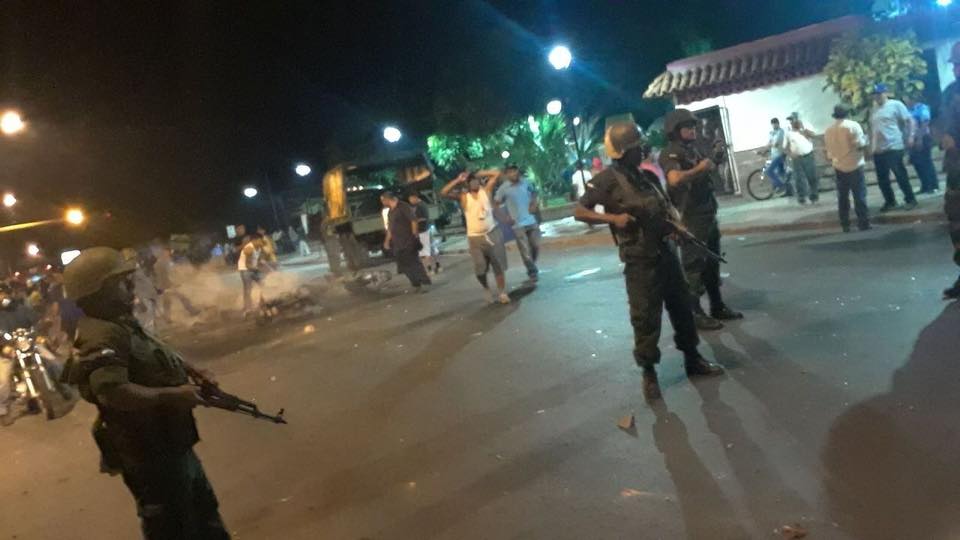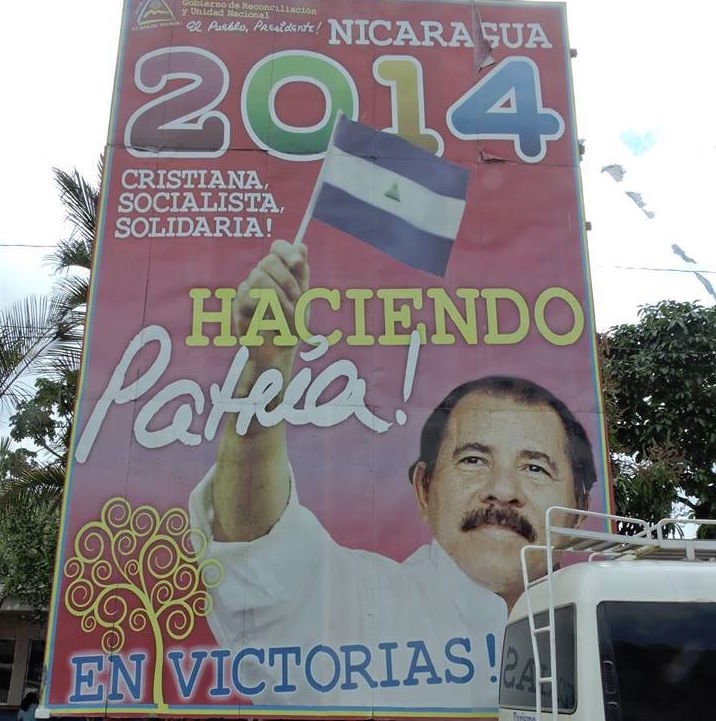Nicaraguan President Daniel Ortega announced that the resolutions to change Nicaragua’s pension plan, which triggered widespread protests and violence throughout Nicaragua, have been revoked. Whether this latest action will bring an end to the recent protests and acts of violence is still to be determined.
The protests started after Nicaragua’s National Social Security Institute (INSS) instituted a 5% tax that increased the contributions by both employers and employees in Nicaragua while reducing overall benefits. The government had said this was necessary because the system is on the verge of collapse. The protestors have ranged from university students to retirees. Things started to turn violent on Thursday when riot police, military, and pro-government groups such as the Sandinista Youth confronted the protesters. The violence spread across the country as law enforcement and military were called in to dispense with the protests.

Several media outlets said the Nicaraguan Center for Human Rights reported 25 people died during the violence. While the cities of Managua, Grenada, and León were most affected, the protests and violence did make their way to Estelí. In discussions we had with several manufacturers based in Estelí, there has been no reported damage, although there were two reported deaths in Estelí. The events are said to be the biggest uprising under the Ortega presidency and the most violent since the end of the Nicaraguan Civil War.
Cigar Coop has been told that Friday night marked the peak of the civil unrest in Estelí. Things quieted down yesterday and we have been told that the aftermath of the violence combined with it being Sunday left much of the city like a ghost town today.

Yesterday we reported that the U.S. State Department has issued a Level 3 “Reconsider Travel” advisory for travel to Nicaragua. This is the second highest alert level behind “Do Not Travel”. There have been no changes to that warning since then.
Meanwhile, it is unclear whether or not the protesting will continue. The heavy-handed response by the government to the protesters has not settled well. At the same time, the events of this past weekend may have exposed some serious dissatisfaction with Ortega and his administration. There are questions on why the pension system was on the verge of collapse to begin with. Meanwhile, corruption in the Ortega administration has been seen in other events. In 2014, the National Assembly removed Presidential term limits from the constitution, thus allowing Daniel Ortega to run for a third consecutive term. In 2016, his wife Rosario Murillo became his running mate and was elected Vice President. Questions of widespread election fraud continue to be raised.
While there is civil unrest, the feeling among those who cover Nicaragua is that Ortega has not lost his grip on power. Ortega still has control of the military and all government branches. During Ortega’s presidency, Nicaragua has enjoyed economic stability and has had many popular social programs. How the protests and violence will erode at the base that supports him is still to be determined.
In terms of the cigar industry in Nicaragua, most have said it remains business as usual – although several people I have spoken with informed me that they have beefed up security – particularly the cigar factories located in the downtown area of Estelí. Many industry leaders will be heading to the Tobacconist Association of America (TAA) convention in the Dominican Republic next weekend.
Photo Credits: Cigar Coop, except where noted






April 22, 2018 @ 9:05 pm
The premium cigar industry needs to take a day to march the streets across America in protest of the over-reaching FDA regulations. Totally unfair !
The Scoop With Coop – KMA Talk Radio
June 1, 2018 @ 2:52 pm
[…] took a heavy-handed response to the protest, the situation created violence. While the government rescinded this plan, the protests have continued – with increased pressure for President Ortega to step […]